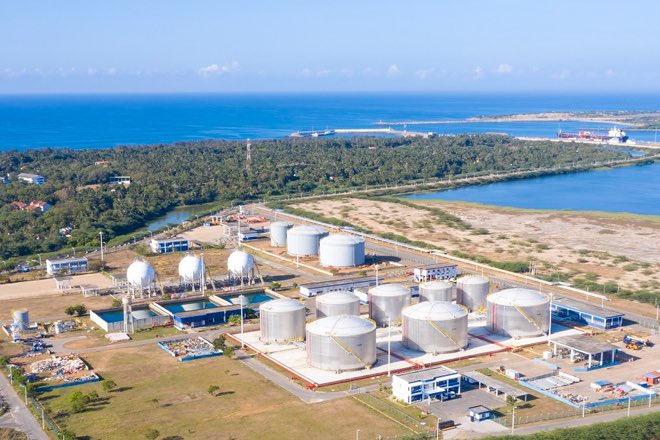Farukh is a fruit
vendor in Sri Lankan capital Colombo. The deepening economic crisis that has
engulfed his nation has not left him unaffected. In Colombo, apples sell for Rs
1,000 a kilo, pears for Rs 1,500, nearly double of what they used to be only
three to four months ago.
“People don’t have
money,” says Farukh, speaking to ANI. He thinks the reason behind the current
crisis – rising fuel, food prices and dwindling forex reserves – is because the
Sri Lankan government has nothing. “Sri Lankan government sold everything to
China. That is the biggest problem…It is buying everything on credit from other
countries,” he says.
Also Read | Sri Lanka’s political crisis should end with snap election: Nanayakkara
Raja, who too
sells fruits like Farukh, says, “There is no business. Gotabaya is of no good
and he needs to leave.”
The protests
raging across Sri Lanka have largely one call – “Go Gota Go”. The Rajapaksa
administration’s tax cuts, financial mismanagement and reluctance to accept
help from the International Monetary Fund (IMF) are all reasons for the current
crisis. But sections of protestors and political observers see another reason
to it all – the Chinese debt trap.
Also Read | Sri Lanka crisis: UN Human Rights Office says ‘closely monitoring developments’
China’s debt trap
diplomacy has become a buzzword in international politics, especially of the US
persuasion, over the last few years. Debt-trap diplomacy effectively means
giving out big loans while knowing nations will be unable to repay, as a result
of which the nation’s government will have to remain in debt to the country
giving the loan.
All these factors –
the Chinese debt-trap, Sri Lanka’s economy and the role of the Rajapaksas – are
all manifested in the Hambantota Port project. A 500-million-dollar port located
in the hometown of the Rajapaksas built with Chinese money proved commercially unviable
and caused an immense amount of resource wastage. China has pushed in more such
money through public sector as well as private organisations.
It’s this falling
into the Chinese debt trap and the role that the Rajapaksas played in it that
many in Sri Lanka and beyond think is the reason for the island nation’s
current troubles. Meanwhile, China has reportedly refused to offer any
concessions on loan repayments amid the current crisis. Sri Lanka is short of
milk, rice and other essential food. It might also be on the brink of a
medicine shortage.







